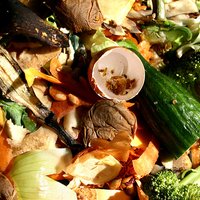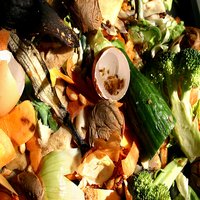Avoiding Food Waste with Effective Measures
Book chapter deals with the effectiveness and efficiency of food-waste prevention

Book chapter deals with the effectiveness and efficiency of food-waste prevention

According to the Food and Agriculture Organization of the United Nations (FAO), about one third of produced food each year is not put a plate but ends up in the trash can. This level of waste is not only irresponsible from an ethical and social point of view, but also consumes a large amount of natural resources that are necessary for the production and processing of food. In recent years, a number of concrete and effective measures have been taken to reduce the amount of food-waste. However, it is not known whether these measures are effective and whether costs can be saved.
This is precisely the question that the Wuppertal Institute's researchers are addressing in this recently published book chapter. The book "Food Industry Wastes – Assessment and Recuperation of Commodities" was published in its second edition, in August 2020. In the chapter "Effectiveness and efficiency of food waste prevention policies, circular economy and food industry" Dr. Henning Wilts, Director of the Division Circular Economy, Jennifer Schinkel and Carina Koop, Researchers in the Division Circular Economy, examine food waste prevention from a circular economy policy perspective. The authors provide an overview of existing methods for the economic evaluation of food waste prevention. Using three examples, efficient measures from different countries are presented and their economic benefits are highlighted.
